The Best Indicators for Swing Trading in 2024
26/04/2024 by Kobus van Wyk

With a plethora of options available, identifying the best indicators for swing trading can be a daunting task. But before we get to that, what is Swing trading? Swing trading, nestled comfortably between day trading's lightning-fast pace and long-term investing's patient outlook, offers traders the chance to capture significant market movements over days or weeks.
The Fibonacci Retracement Strategy: A Brief Guide
18/04/2024 by Kobus van Wyk

Fibonacci retracement strategy transcends individual asset classes, proving its versatility across stocks, forex, commodities, and cryptocurrencies. Whether applied to short-term intraday trading or long-term investment strategies, Fibonacci retracement remains a cornerstone technique for traders worldwide.
Understanding the Supply and Demand Trading Strategy: An Easy Guide
17/04/2024 by Kobus van Wyk

At its core, the supply and demand trading strategy revolves around identifying key levels where the imbalance between buyers and sellers creates significant price movements. These levels, often referred to as supply and demand zones, serve as critical points of interest for traders looking to enter or exit positions.
ICT Trading Strategy (How does it work?)
12/04/2024 by Liam van Zuydam

The ICT trading strategy is a comprehensive approach to trading developed by professional trader Michael Huddleston. ICT emphasizes the importance of understanding market structure, price action, and intermarket relationships to gain a strategic edge in trading.
Swing Trading vs Day Trading (Which is better?)
05/04/2024 by Kobus van Wyk
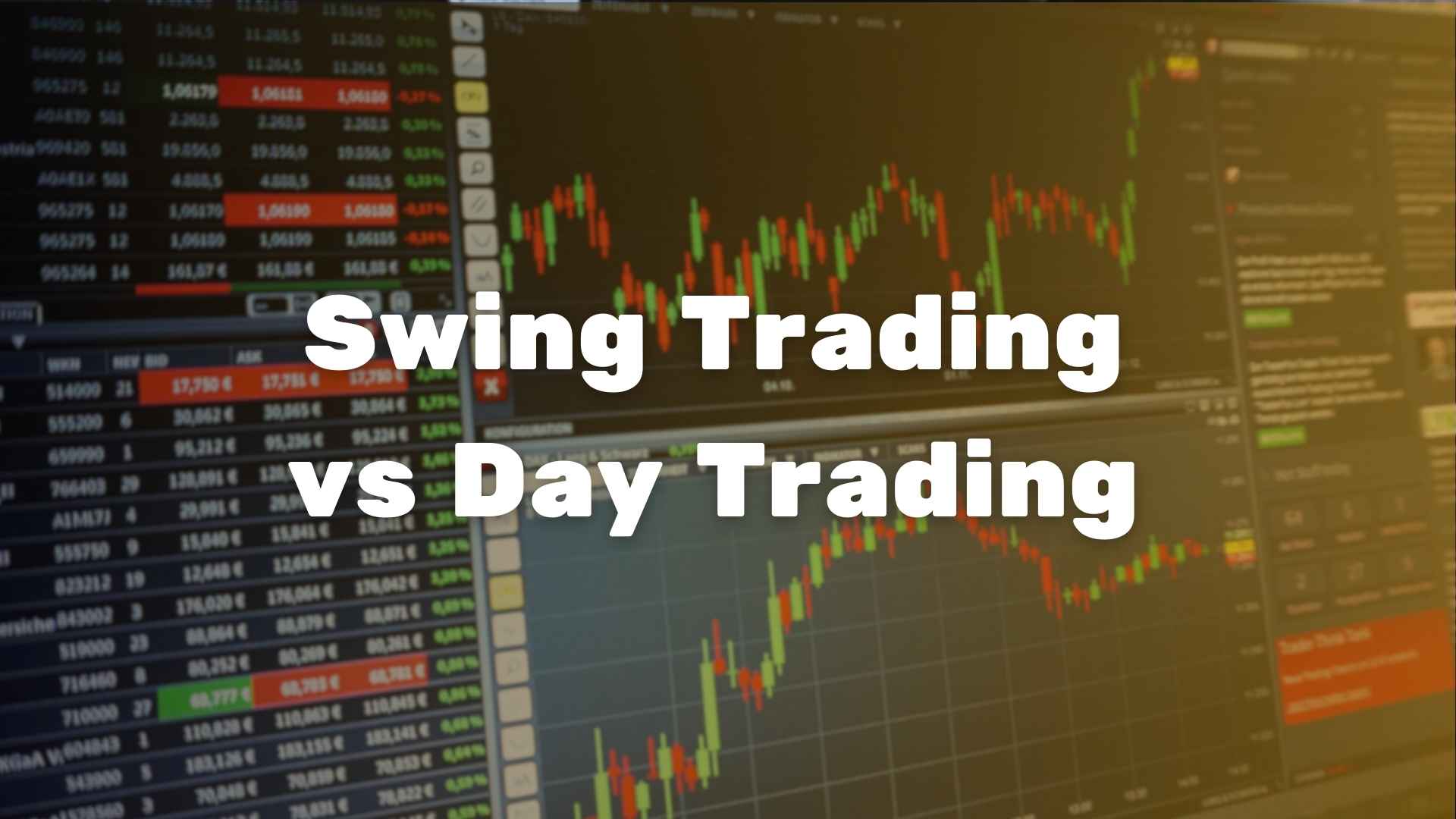
In the fast-paced world of active trading, two prominent strategies dominate the scene: swing trading vs day trading. Both aim to capitalize on short-term market movements, but they differ significantly in their approach, time-frame, and risk profile. Understanding these distinctions is crucial for aspiring traders to choose the path that best suits their personality, risk tolerance, and lifestyle. Let’s begin with swing trading. Read on.
How to draw Fibonacci Retracements (2024)
25/03/2024 by Kobus van Wyk
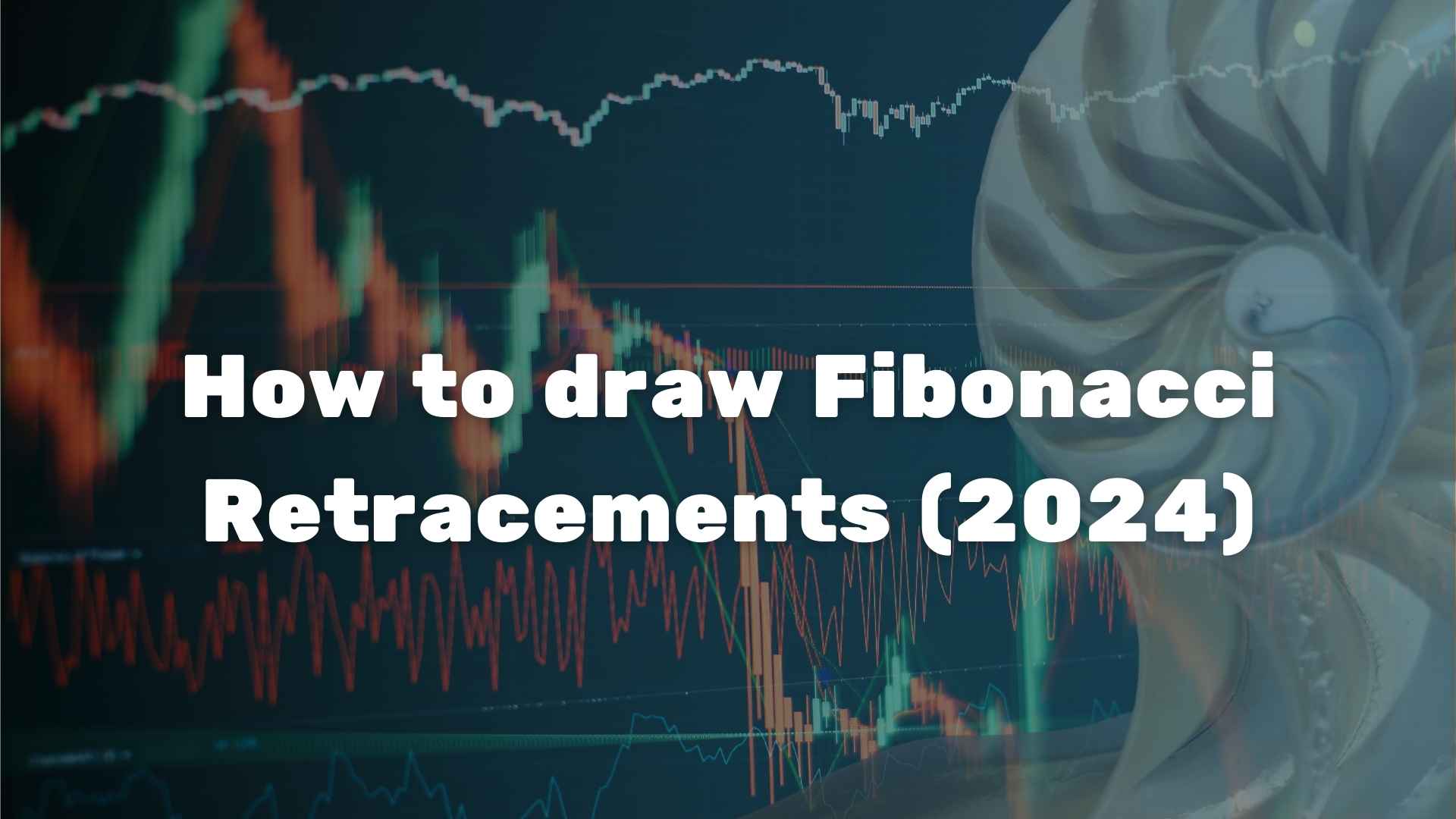
Drawing Fibonacci retracements doesn't require advanced math skills. These retracements are based on key Fibonacci ratios—23.6%, 38.2%, 50%, 61.8%, and 78.6%. To draw them, identify swing highs and lows on a chart, then use the Fibonacci retracement tool provided in most trading platforms. This tool automatically calculates retracement levels, aiding in analysis. Understanding these ratios' significance assists in identifying potential support and resistance levels during market trends.
Joe Dinapoli - Trading with DiNapoli Levels and More (2024)
23/03/2024 by Kobus van Wyk

‘’Trading with DiNapoli Levels'', by Joe Dinapoli, centers around, ‘’DiNapoli Levels’’, - a comprehensive trading system that combines Fibonacci retracement levels with various technical indicators to identify potential market turning points and trading opportunities. His approach emphasizes the importance of trend analysis, risk management, and patience in trading.
ICT Trading Strategy in 2024 (An Overview)
13/03/2024 by Liam van Zuydam
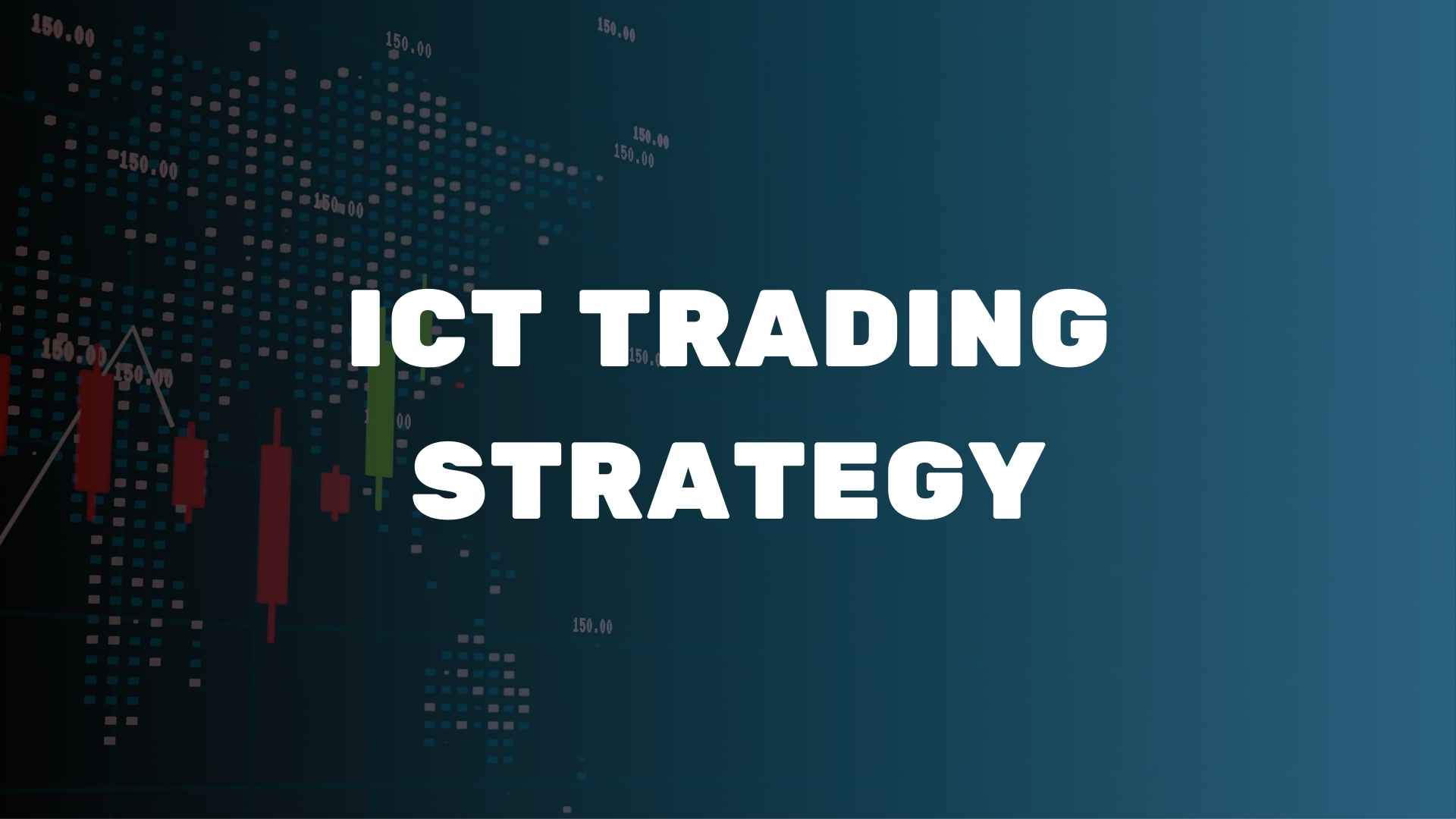
The ICT trading strategy is a sophisticated trading approach that transcends conventional technical analysis. Developed by Michael Huddleston, ICT delves deep into market dynamics, focusing on understanding institutional order flow, market structure, and price action.
The Art of Trading Psychology (How to Win in 2024)
07/03/2024 by Kobus van Wyk
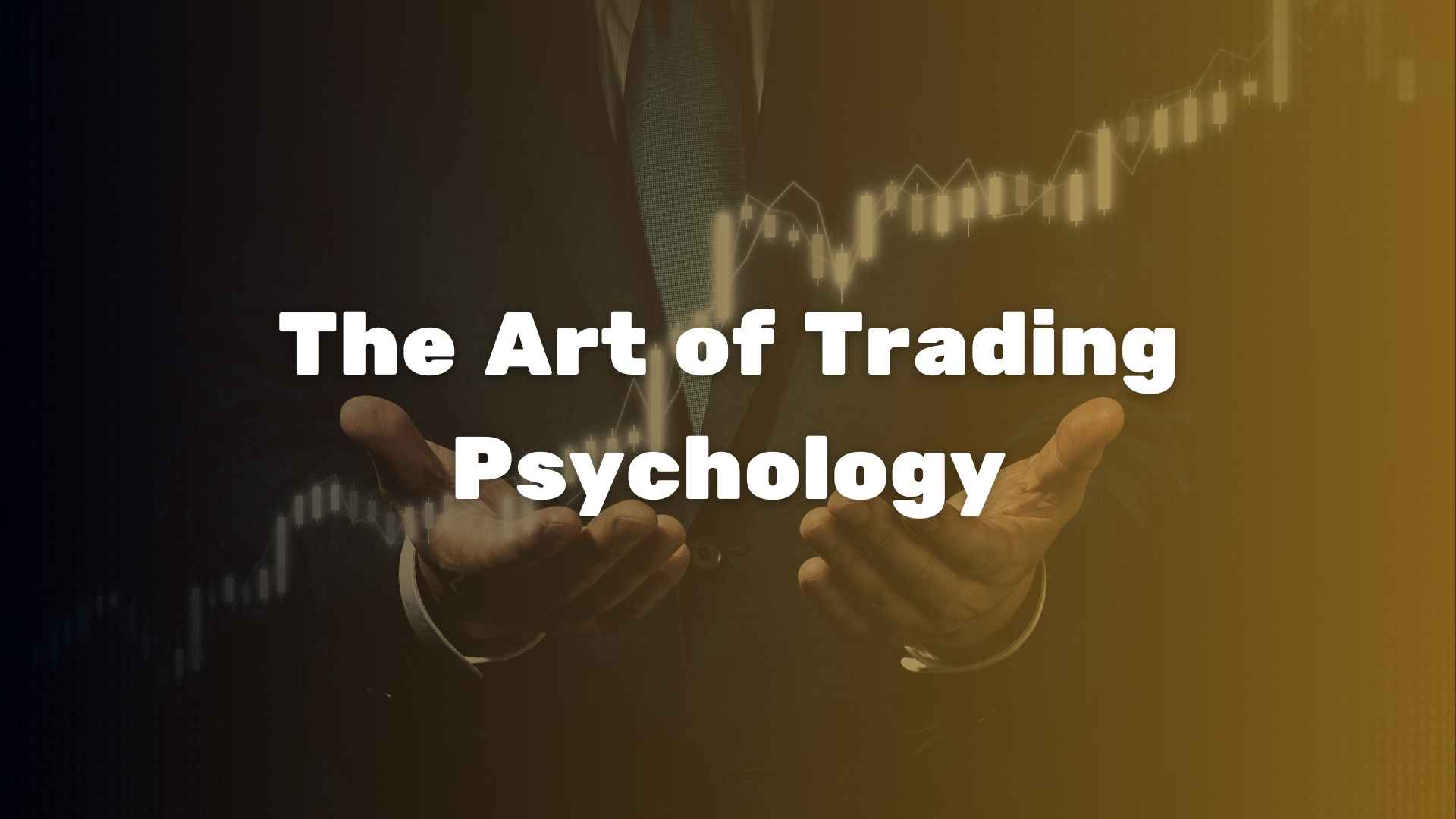
Trading psychology plays a pivotal role in decision-making, with fear, greed, and cognitive biases impacting traders. Risk management and self-awareness are vital for success, alongside discipline and resilience. Books like "Thinking, Fast and Slow" and "Trading with DiNapoli Levels" offer insights into cognitive biases and emotional management. Improving trading psychology requires dedication, reflection, and learning from failures.
What is Intraday Trading? (2024)
27/02/2024 by Liam van Zuydam
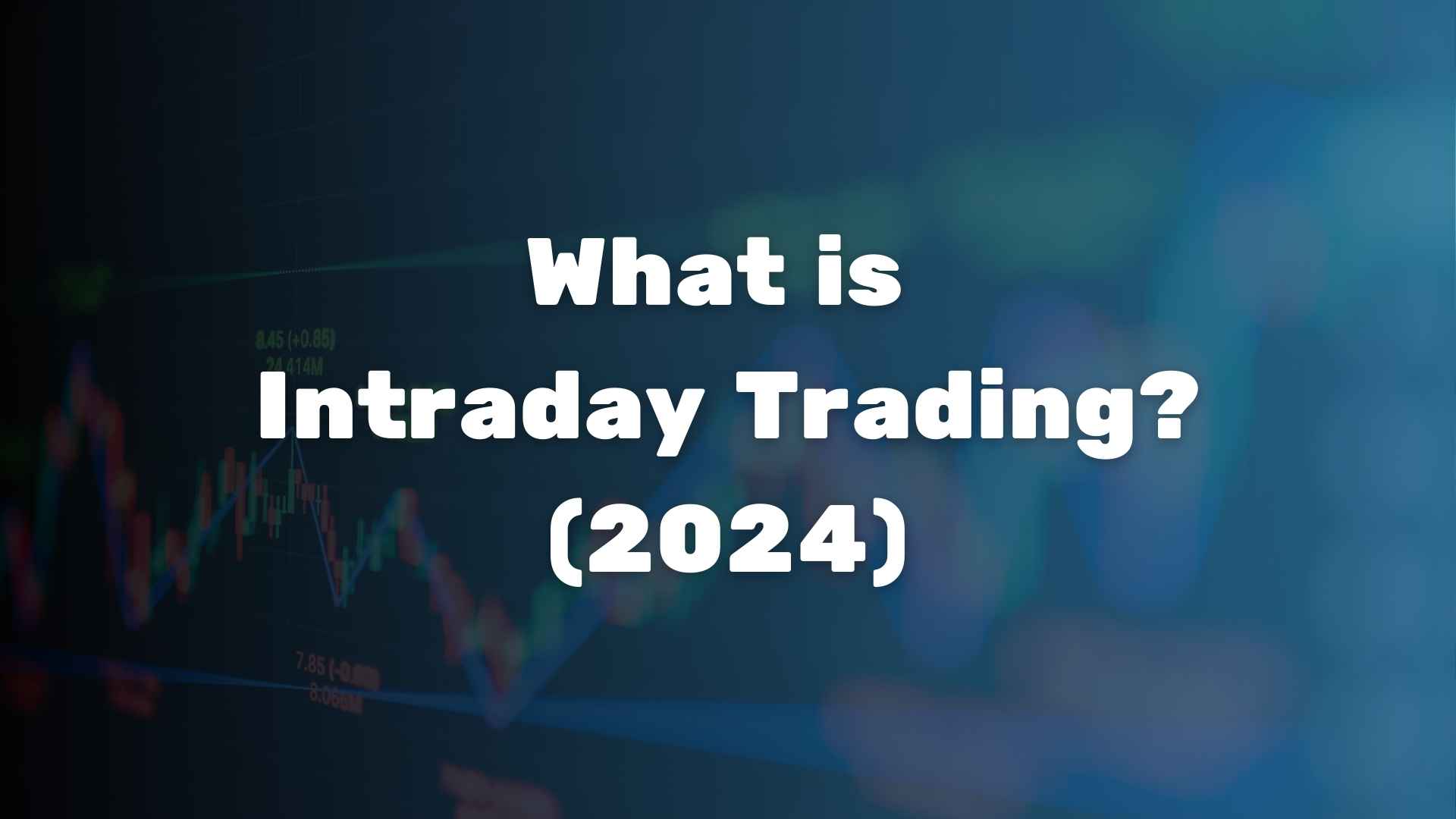
Intraday trading, or day trading, involves buying and selling financial assets within a single trading day. Unlike long-term investing, intraday traders capitalize on short-term price movements, using technical analysis and various strategies like scalping, day trading breakouts, trend following, range trading, mean reversion, and trading the news. Each strategy carries its own risks and requires disciplined risk management for success in the dynamic intraday market.
Which Futures Trading Strategy Should You Use? (2024)
20/02/2024 by Kobus van Wyk

Given that all futures trading strategies depend on various factors, including market conditions, risk tolerance, trading goals, and personal preferences, we can conclude that there is no “best” futures trading strategy or a one-size-fits-all. However, out of the bunch, we can determine which strategies are most preferred and why so that you can make an informed decision on which to use going forward. Read on.
The Best Option Trading Books? (Top 7 in 2024)
19/02/2024 by Kobus van Wyk
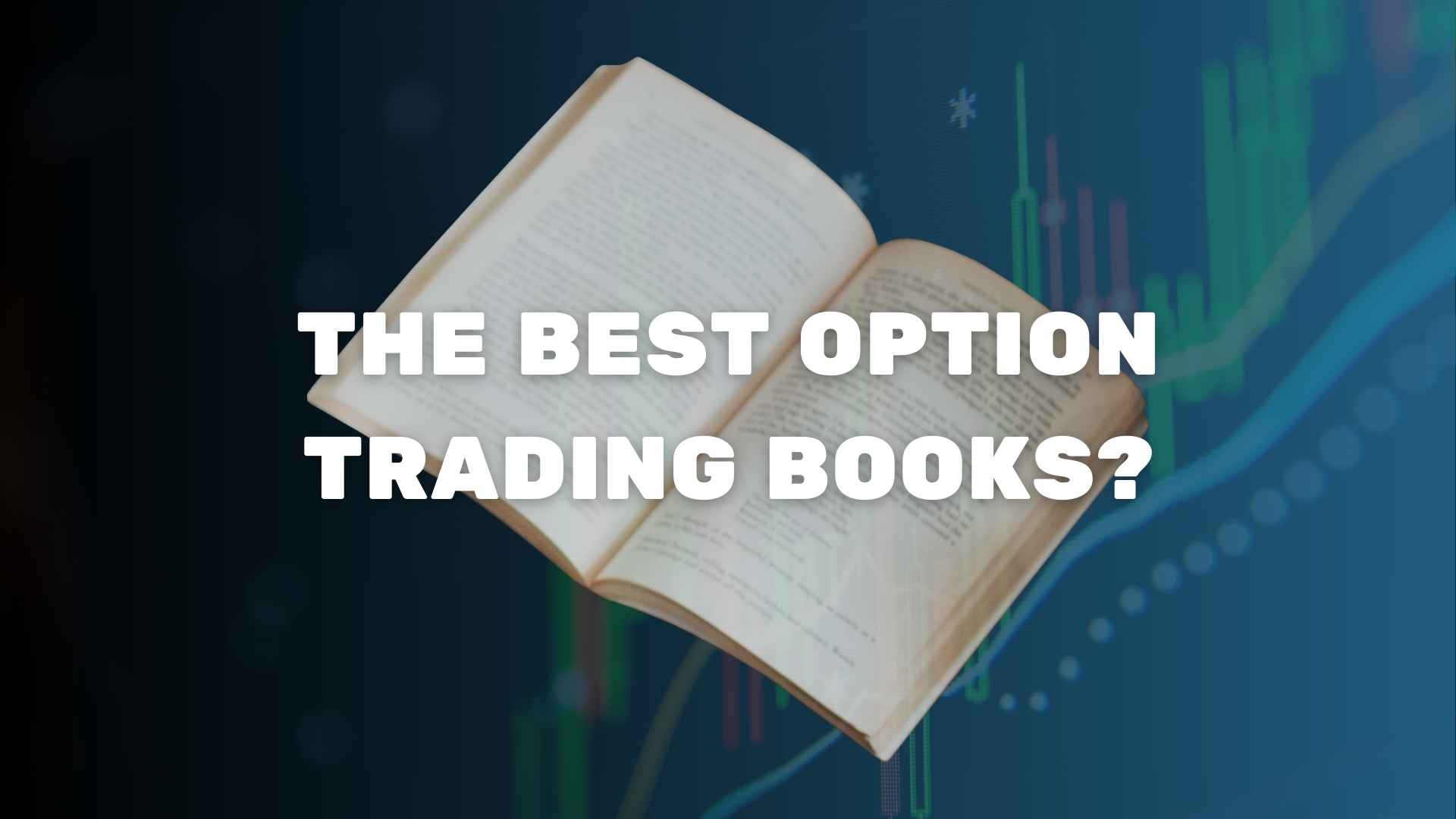
Options trading is a dynamic and versatile financial strategy that offers investors the potential for significant profits and effective risk management. Fortunately, we’ve collected a plethora of some of the best option trading books out there, available to guide you in your journey to mastering options trading.
Is Forex Trading Profitable? The Truth They Don't Tell You
15/02/2024 by Kobus van Wyk

The world's largest financial market, with trillions of dollars exchanged daily, beckons with the promise of quick riches and limitless opportunity. But is Forex trading profitable? The answer, unfortunately, is not a simple yes or no.
Joe Dinapoli and his Revolutionary Trading Book: Trading with DiNapoli Levels
13/02/2024 by Kobus van Wyk
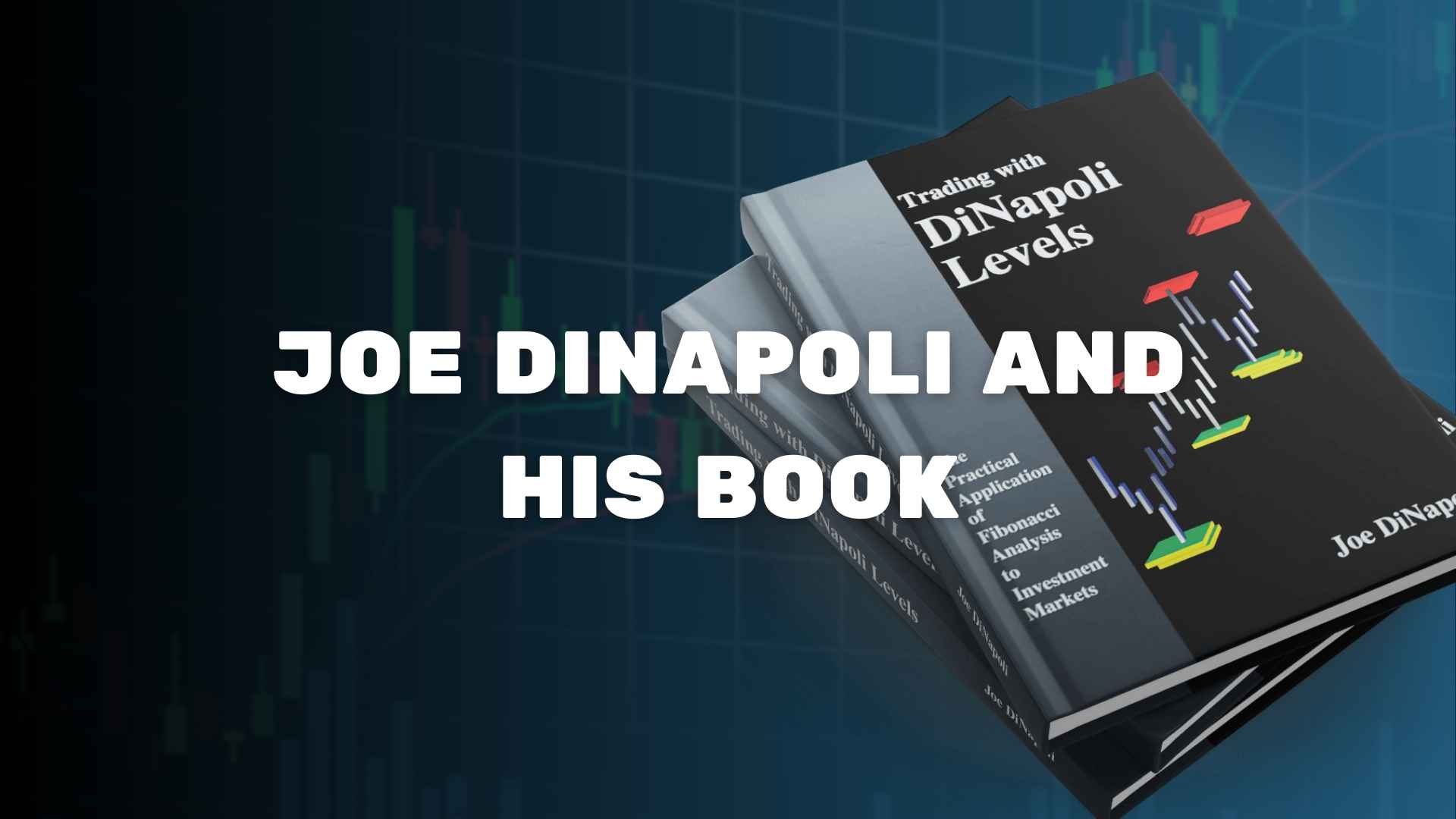
Joe DiNapoli, a seasoned trader with over 55 years of experience, is renowned for his groundbreaking book "Trading with DiNapoli Levels." His work revolutionizes trading with practical applications of Fibonacci analysis, moving averages, and oscillators. DiNapoli's comprehensive guide caters to traders of all levels, providing strategies for trend identification, risk management, and maximizing profits. It's hailed as a must-read for serious traders seeking to elevate their skills.
Beginner's Introduction to the Best Indicators for Day Trading
02/02/2024 by Kobus van Wyk
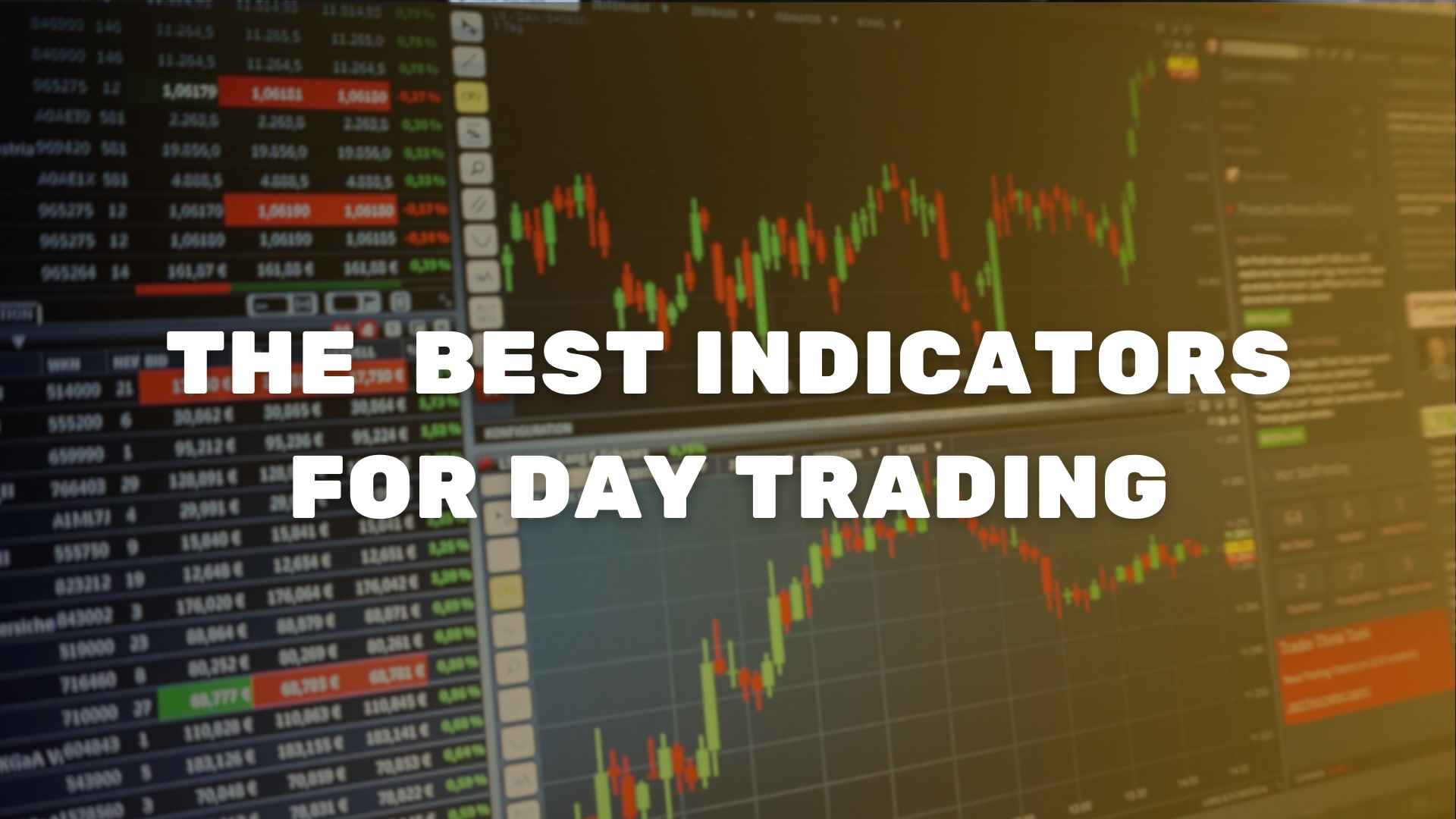
This guide introduces key indicators for day trading, providing a foundational understanding for traders seeking informed decisions. It covers Moving Averages, MACD, Stochastic Oscillator, Fibonacci Retracement, Volume Profile, and VWAP. Explained in simple terms, these indicators offer insights into trends, strength, exhaustion, and fair pricing. The article emphasizes that while it's not a comprehensive guide, it lays the groundwork for grasping the basics of these indicators.
The Fibonacci Trading Strategy - For Beginners
23/01/2024 by Kobus van Wyk
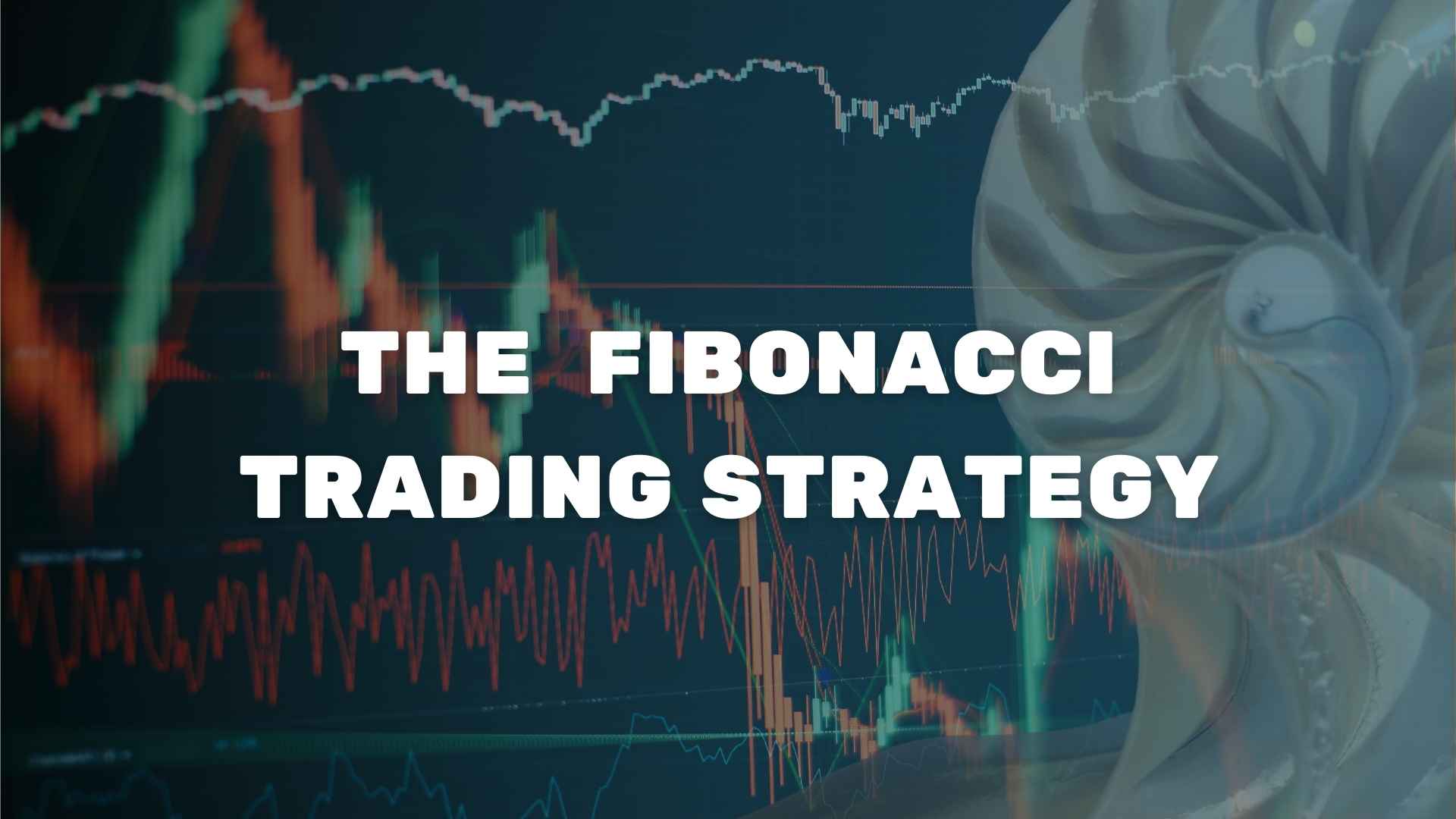
The Fibonacci Trading Strategy is a popular approach for identifying support and resistance levels in financial markets. It uses the Fibonacci sequence and key ratios to find potential pullback or reversal areas within a price trend. This article explains how to apply the strategy, including trend identification, swing point selection, drawing retracement levels, and analysis for decision-making, and offers practical tips for beginners.
What is Electronic Trading - A Brief Guide
17/01/2024 by Kobus van Wyk
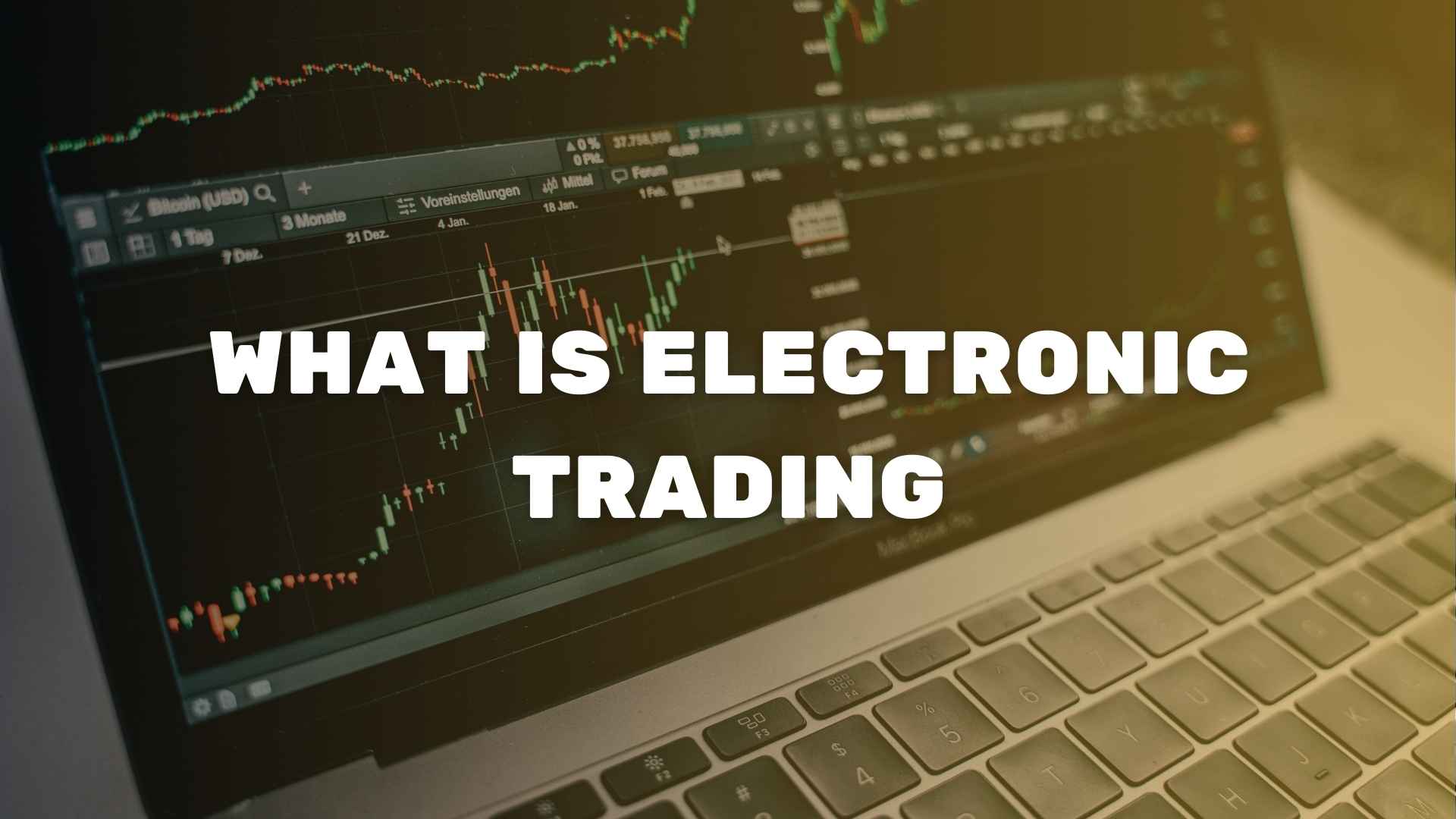
Electronic trading, which is also known as e-trading, is a method of buying and selling financial instruments using computer systems. This approach is beneficial because it offers speed, accessibility, transparency, reduced costs, and advanced risk management. As electronic trading continues to develop, it is revolutionizing the future of global financial markets by providing more inclusive and efficient opportunities.